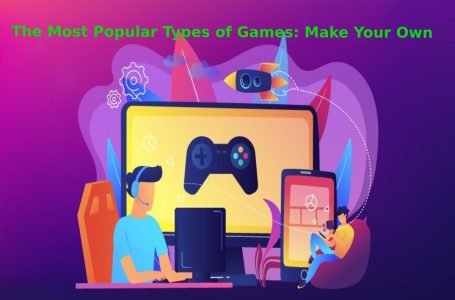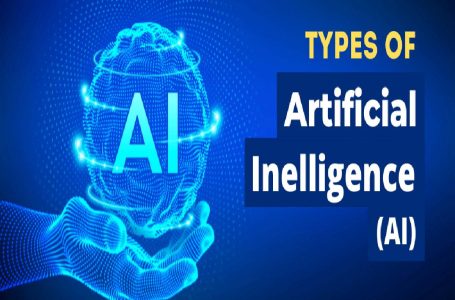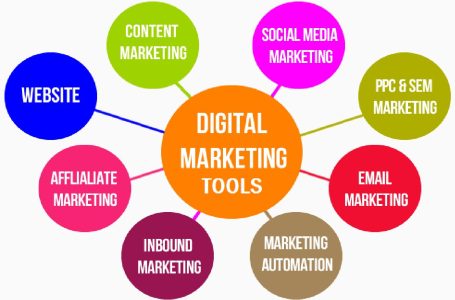ICT, also known as ICT, is information of great importance in modern times, as it covers the use of technology in many areas of daily life. So, in this article, we explain what the acronym means in English, and it also mentions why it is so important and how it is used in different areas of life.
It also discusses the capabilities and skills required for installing and applying ICT.
Why is ICT essential in the digital age?
Technology is a fundamental part of life today for almost everyone. Since electronic devices, the Internet, and other connections are present in the environment. In this sense, ICT or TIC has been positioned as vitally important information since it covers many areas, from electronic devices to educational or medical technology.
The digital era is the historical period characterized by the massive and widespread use of ICT in all areas of society. This era transformed how we communicate, learn, work, have fun, and participate in society. Public life. Thus, these caused greater ease of access to information, culture and education, innovation, creativity, and economic and social development.
ICT is the acronym in English for Information and Communication Technologies, which in Spanish translates as Information and Communication Technologies. It refers to the set of tools, devices, systems, and applications that allow digital access, storage, transmission, and manipulation of information. ICT ranges from radio and television to computers, mobile phones, and the Internet.
In this sense, Information and Communication Technologies cover the tools, systems, and technological resources used to process, transmit and store data. Thus, ICT is fundamental in the digital era because it allows quick and efficient access to information and instant communication through different media.
Likewise, it makes data processing analysis possible and task automation possible. ICT is essential for economic, social, and educational development in an increasingly interconnected world.
What is the importance of ICT in different contexts?
The importance of ICT varies depending on the context since this concept can be applied to many activities, so they have many focuses.
In the business field, ICT allows for improving efficiency and productivity and facilitates collaboration and decision-making. In this sense, concerning jobs, ICT boosts teleworking, labor mobility, productivity, and competitiveness. Workers can perform their tasks anywhere with an Internet connection, access up-to-date information, and share documents with their colleagues. For their part, companies can optimize their processes, reduce costs, improve their quality, and offer better services to their customers.
In education, ICT revolutionizes teaching and learning, fostering active participation through telecommunications and online educational resources. This enables a personalized, flexible, collaborative, and inclusive education, allowing students to access digital content, virtual platforms, online courses, and multimedia resources anytime, anywhere. Teachers can leverage ICT to enhance pedagogical practices, assess learning, and communicate effectively with students and their families.
Different Sectors
In the social sector, information and communication technologies facilitate relationships with other people since you can chat with family, friends, or strangers from any device. You also get better access to services and citizen participation. In this way, ICT has great importance in different contexts, such as:
Health where these technologies allow better disease prevention, diagnosis, treatment, and monitoring. Thus, patients can access information about their health, consult with medical professionals remotely, and receive personalized attention.
Doctors can use technological devices to perform tests, surgeries, and telemedicine. Meanwhile, health systems can better manage their resources, data, and services.
ICT also favors citizen participation since it allows greater transparency, accountability, and democracy. This way, citizens can access public information, express their opinions, report irregularities, participate in electoral processes through systems software, and make popular consultations.
In this sense, governments can improve their public management, communicate with citizens, and encourage their involvement in public policies.
What are the components and focus areas of ICT?
The concept of the acronym ICT or TIC may seem short. However, the meaning is broad due to the number of components and areas in which this definition can be applied.
Communication systems and networks
Communication systems and networks refer to communication infrastructure, such as computer networks, the Internet, and mobile telephony.
These means allow information to be transmitted between senders and receivers, including fixed and mobile telephone networks, terrestrial and satellite radio and television networks, computer networks, and the Internet.
Hardware and technological devices
Hardware and technological devices is a title that refers to the physical equipment used in information processing, such as computers, servers, and mobile devices, among others.
These devices allow information to be accessed, stored, processed, and displayed, so this group includes personal computers, tablets, smartphones, digital cameras, multimedia players, sensors, and robots.
Software and computer applications
They are the programs that allow specific functions to be performed with the information, that is, the programs and applications used to process, manipulate, and present the data. Examples include operating systems, productivity software, and mobile applications.
Likewise, it groups web browsers, word processors, spreadsheets, databases, video games, and social networks.
Practical examples of ICT
Explore diverse applications of ICT in daily life, from electrical systems to the tertiary sector of the economy and even in sports like video intercoms. Examples include using mobile apps for banking, social media for communication, and graphic design software for creating visual content. Witness ICT in action as students access online courses, workers manage tasks through mobile apps, and patients monitor health using wearable devices. Whether checking municipal budgets online or using information systems for data, ICT integrates into various aspects of our modern lives.
What are the skills and competencies necessary in the field of ICT?
The skills and competencies necessary in the field of ICT include technical knowledge in hardware and software. That is, knowing how to handle both the system of an electronic device and the physical part of it. Likewise, the ability to solve technological problems, communication and collaboration skills, adapt to new technologies, and constantly update, among others, is required.
Having computer security and ethics skills in using technology is essential, and you must know the meaning of digital literacy. It refers to using ICT effectively, critically, and responsibly. This implies knowing the basic concepts of ICT, knowing how to search, evaluate, and create digital information, and respecting the ethical and legal standards for using ICT.
Computational thinking is another concept that must be considered: the ability to solve problems using computer science principles and methods. It includes decomposing a problem into smaller parts, identifying patterns, abstracting data, designing algorithms, and automating processes.
Creativity and innovation are essential skills. This is the ability to generate original and novel ideas using ICT, which involves imagining, exploring, experimenting, and combining.





